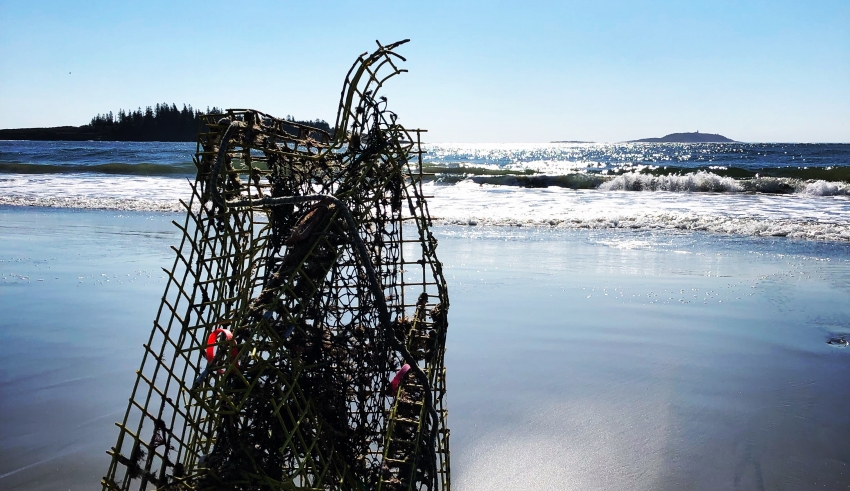
In sum, it seems that during the early stage of group development, there are several major questions that must be addressed in order for a potential member to acquire sufficient Information to make a decision about their willingness and ability to be included. In the realm of task behavior, group members during the forming stage attempt to find a preliminary answer to the following question “What is the task of this Team, and how will I be able to contribute to that task?” In the realm of interpersonal behavior, Team members in the forming stage attempt to find a preliminary answer to the question “What kind of behavior is acceptable in this Team, and how am I to behave in this Team in order to belong?”
Opportunities and Challenges of Formation and Inclusion
If the interpersonal need for inclusion is important for many people when a group is being formed, then what are the conditions in a group (or more broadly an organization) that are conducive to or serve as a barrier to the meeting of this need?
First, the best working environment for the enhancement of inclusion is one in which there is a strong welcoming culture. In a previous essay, one of us (Bergquist, 2020b) referred to a pig roast that was held by a person (Sarah) who chose to include herself in my community (Harpswell, Maine). Most small and isolated communities in Maine (and many other New England towns) are hard to enter as a newcomer. The long-time residents are often reticent to actively welcome in newly arrived residents. At most, they are inclined to set up a community-based variant on the Welcome Wagon. Sarah reversed this process. As the newcomer, she did the welcoming! Furthermore, we can use her pig roast to identify some of the key components of a welcoming environment.
First, everyone who was invited to the pig roast brought a dish to the pig roast. It was not just a matter of getting but not giving. Similarly, during the early phases of a group’s formation, it is important to acknowledge and appreciate what each person is bringing to the group. A bit of time spent in the sharing of past experiences and achievement that are relevant to the current group’s purpose can be quite helpful. Even better is the identification of a member’s talents by other people in the group who know what this member has done in past groups. Many people are hesitant to “brag” about their own past accomplishments—but are willing (even eager) to enter the group by talking about what their colleagues in the group have done.
A second feature of the pig roast was the encouragement of “wandering about” by those hosting the roast. Sarah and her husband modeled this behavior by wandering around from subgroup to subgroup inquiring into what was happening in the lives of these pig roast participants. Pretty soon, people were walking over to those who they didn’t know and did a fair amount of acquainting.
Download Article












